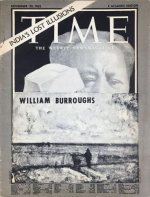william_kent
Well-known member
Eh, I'd just enjoy my hols if I were you.
Oh, I am....
just checking that the flat that I am “sitting” isn’t in flames and polishing off a bottle of 8 Euro rum and smoking what remains of my 6 euro for 30 grams baccy before heading back out
Edit: just so @Mr. Tea doesn’t look too insane, the sentence above originally continued, before I deleted it in a drunken fit of pique:
“....before heading back out to clear the streets of human waste while I listen to psychic TV deep cuts on my cheapskate Chinese knockoff Android”

